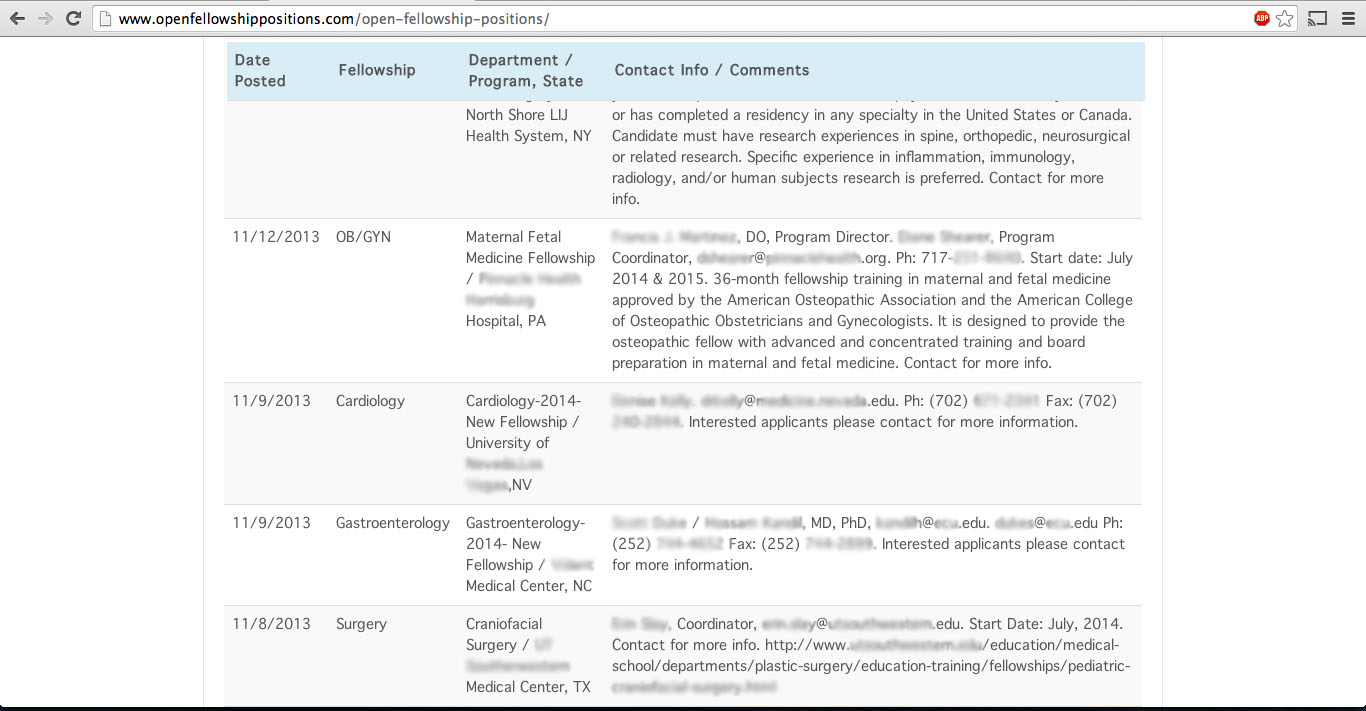If you’re like most of the public, you probably associate plastic surgery with cosmetic modifications. In the US, breast enlargement is most popular, while in Asia, facial surgery to the forehead is considered the best way to boost one’s beauty. You can even find Youtube videos of people who customized their body to look like their favorite cartoon character.
The plastic surgeon is certainly the celebrity doctor in the public’s mind. Yet plastic surgeons operate nationwide, out of the Hollywood spotlight, mostly doing many types of lesser-known forms of treatment:
– Burn centers require plastic surgeons to help with acute and reconstructive burns.
– Emergency rooms and operating rooms require surgeons with expertise in emergency reconstructive surgery. This includes hand and upper extremity surgery, craniofacial reconstructive surgery – including the face, neck, and jaw – and general microsurgery, which covers any emergency reconstructive challenge a surgeon may encounter in practice.
– Pediatric centers require specialists in repair of congenital malformations, abnormal development, and trauma/surgery.
– Skin centers require plastic surgeons to repair patients with skin cancer, melanoma, wounds, and chronic illnesses.
Plastic surgery fellowships: An overview
Plastic surgery fellowships and residencies are highly competitive, as the field is lucrative and in demand. MedScape reports that in 2012, there were 300 applicants for 121 open residency positions. On the bright side, the option for doing cosmetic surgery means the plastic surgeon’s income is not as vulnerable to changes in insurance programs. A sudden downgrade in physician Medicare payments doesn’t affect cosmetic plastic surgeons as much as other fields.
What to look for
There are two basic post-MD programs for plastic surgeon specialists: longer-term, 6 or 7 year residencies in plastic surgery, and shorter term, 1 or 2 year fellowships for specialties. The longer-term residency is the base-level requirement for fellowships. Our general advice in our posts on choosing a residency program applies to plastic surgery residencies as well.
More specific to plastic surgery
Plastic surgery residencies are particularly long, so talk with current and past residents to inquire about the stability of the program. Enquire about the faculty and the hospitals or clinics the program works with. The last thing you want is for the hospital you were hoping to work with to be de-funded in the middle of your program.
A career as a plastic surgeon can be lucrative and rewarding, but the residencies are lengthy, involved, and highly competitive, so be sure to go the extra step when researching a program that is suitable for you!



 We understand how difficult it is for residents to find time to search for unfilled fellowship positions. It’s not only difficult to find these vacant fellowship programs but also apply for them on time because many of these vacancies have deadlines.
We want to provide you with this valuable resource that does all the work for you. This is why we are in constant contact with various organizations and fellowship programs so that we may provide you with the most up-to-date list available.
This gives our members the competitive advantage over non-members to find unfilled fellowship spots.
We understand how difficult it is for residents to find time to search for unfilled fellowship positions. It’s not only difficult to find these vacant fellowship programs but also apply for them on time because many of these vacancies have deadlines.
We want to provide you with this valuable resource that does all the work for you. This is why we are in constant contact with various organizations and fellowship programs so that we may provide you with the most up-to-date list available.
This gives our members the competitive advantage over non-members to find unfilled fellowship spots.
